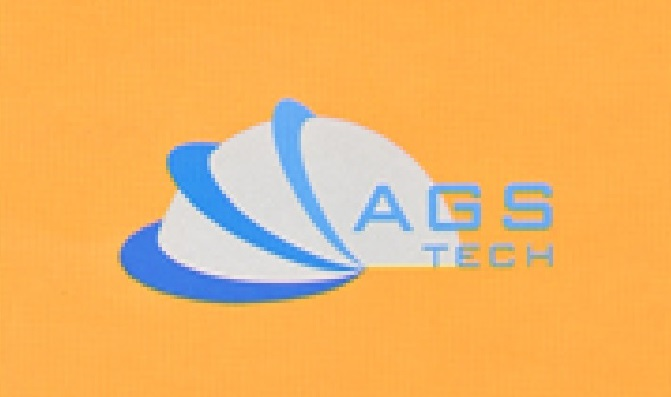Private Labeling vs. White Labeling: What’s the Difference?
When it comes to branding and marketing products, two terms that are often used interchangeably are private labeling and white labeling. While they may seem similar, there are key differences between the two that can have a significant impact on your business. In this article, we will explore the differences between private labeling and white labeling and help you understand which option may be best for your business.
Private labeling is when a company manufactures a product and sells it under another company’s brand name. This means that the product is produced specifically for that company and cannot be found anywhere else. Private labeling allows companies to create a unique product line without having to invest in manufacturing facilities or equipment. This can be a cost-effective way for companies to expand their product offerings and reach new markets.
On the other hand, white labeling is when a company purchases a product from a manufacturer and sells it under its own brand name. This means that the product is not exclusive to that company and can be found under different brand names. White labeling allows companies to quickly enter new markets and offer a wide range of products without having to invest in product development or manufacturing.
One of the key differences between private labeling and white labeling is exclusivity. With private labeling, the product is exclusive to the company that is selling it. This can help companies differentiate themselves from competitors and build brand loyalty. With white labeling, the product is not exclusive, which means that companies may have to compete with other brands selling the same product.
Another difference between private labeling and white labeling is control. With private labeling, the company has more control over the product, including the design, packaging, and pricing. This allows companies to create a unique product that meets the specific needs of their target market. With white labeling, the company has less control over the product, as it is produced by a third-party manufacturer. This can make it difficult for companies to differentiate their product from competitors.
In conclusion, both private labeling and white labeling can be effective strategies for companies looking to expand their product offerings and reach new markets. The decision between private labeling and white labeling will depend on your business goals, budget, and target market. By understanding the differences between the two, you can make an informed decision that will help your business succeed in the competitive marketplace.
——————-
Check out more on riveting contact us anytime:
AGS-TECH, Inc.
https://www.agstech.net/
505-550-6501
6565 Americas Parkway NE, Albuquerque, NM 87110 USA
AGS-TECH, Inc. is a Global Custom Manufacturer, Integrator, Consolidator, Outsourcing Partner for a Wide Variety of Products & Services.
We are your one-stop source for manufacturing, fabrication, engineering, consolidation, integration, outsourcing of custom manufactured and off-shelf products & services. We also private label / white label your products with your brand name if you wish.